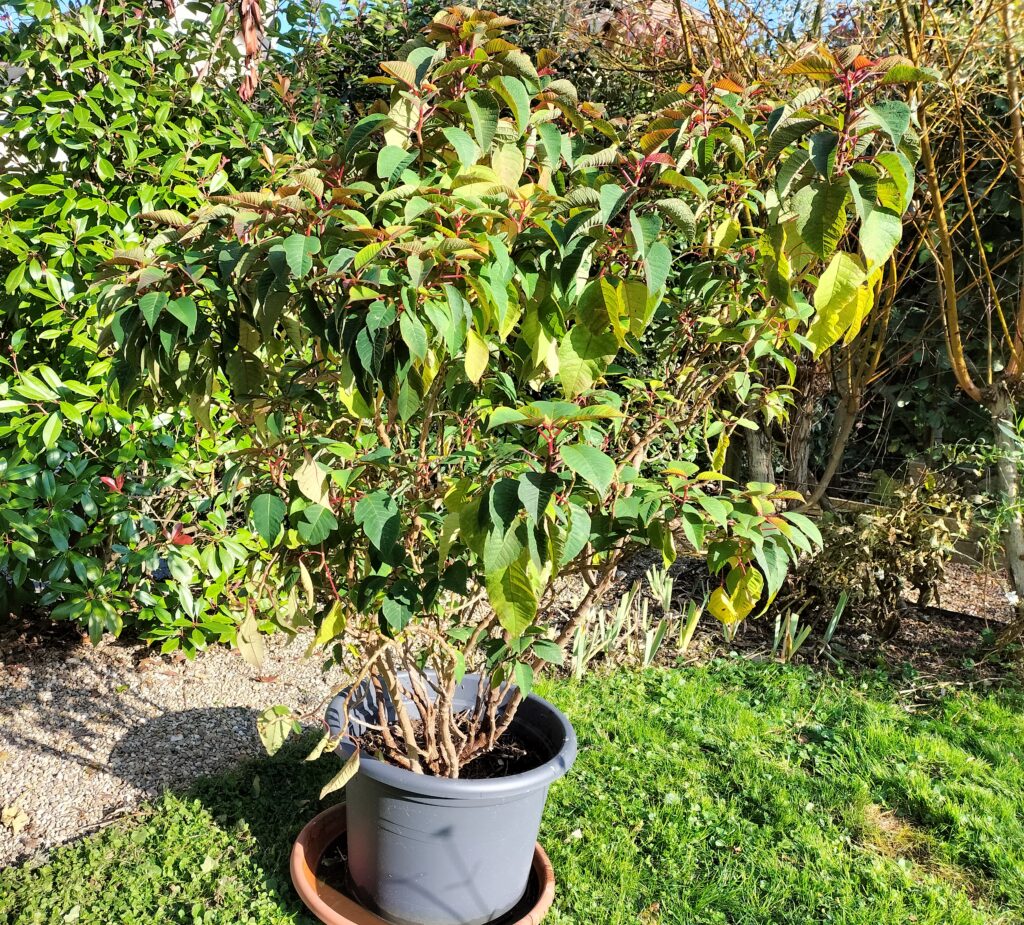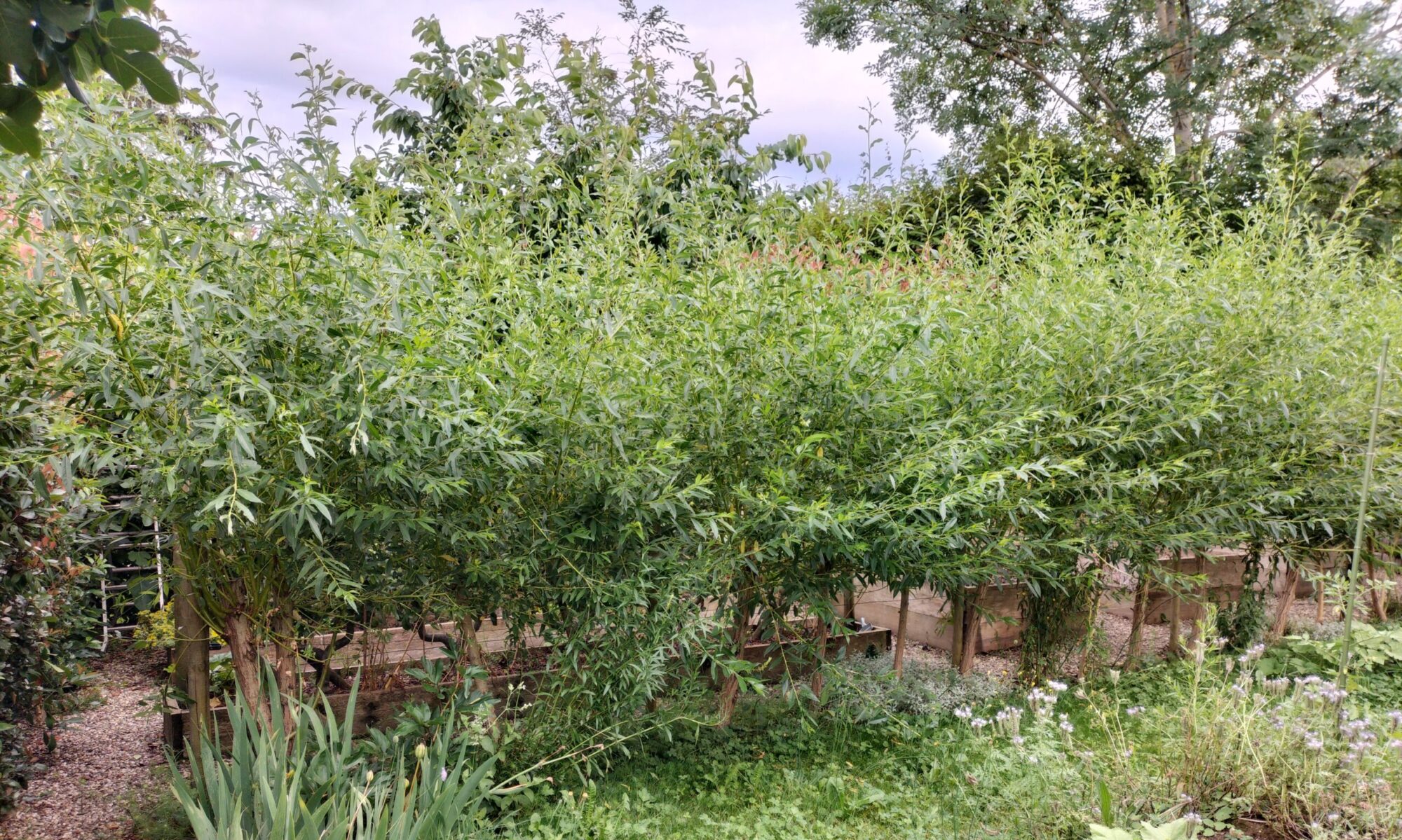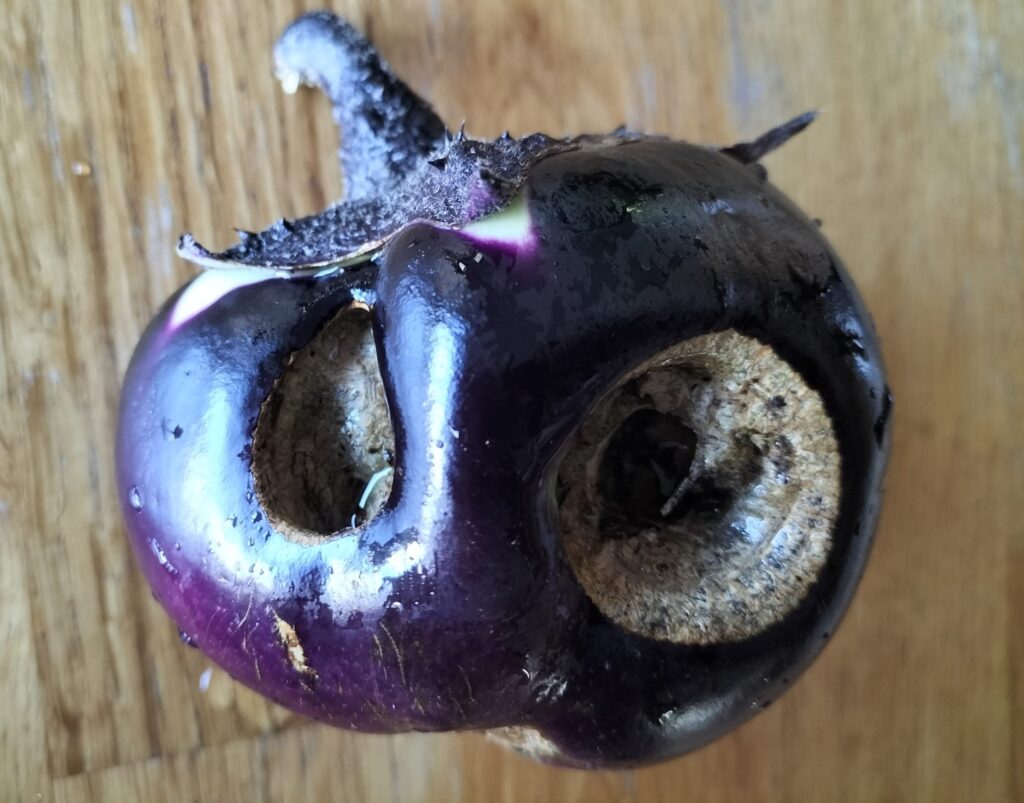
This is what happens if you keep repotting your Christmas poinsettia each year.
As previously mentioned, I am moving back to the UK in May next year (I lobbied for this date, so that I could see one last Swiss spring). Working in my garden today, I pondered the fact that I still plan to prune and feed my fruit bushes, even though I won’t get to eat their fruit.
At first, I wondered whether it was out of generosity for the people who will be living here next, but for all I know they might raze my garden to the ground and replace it with astroturf. Then I wondered whether it might be out of concern for the birds or other animals who might enjoy the fruit? While I think there might be some truth in both of these propositions, the most honest answer is probably that I will do it out of a sense of responsibility. But to whom or to what do I feel responsible?
I have had the amazing privilege of creating this garden from scratch, which brings a different quality to the relationship than I have had with other gardens I have tended. I think I have an almost maternal feeling towards this garden. My son has, on more than one occasion, pointed out to me that he didn’t ask to be born, and similarly the fruit bushes didn’t ask to be planted in my garden. I feel a draw to care for them irrespective of whether I will benefit from their fruit next year or not. Just as with my son, while I give my fruit bushes all the love and attention that I can, at some point I have to let go and let nature take its course.
I think a similar dynamic is playing out with pot plants that have overstayed their welcome. Kind souls tend to give me poinsettia for Christmas, which are just lovely with their red and green leaves, but I am now left with several ancient specimens. The problem is that I am not willing to put in the work to prepare them for Christmas, but I do keep repotting them because I can’t bring myself to put something I have been entrusted onto the compost heap while it is still healthy (see the giant specimen in the photo above). What is worse, when I accidentally knock a piece off, the stem ‘bleeds’ a white fluid, and I feel duty bound to put the detached limb into water and let it grow roots, somehow atoning for the sin of breaking it off… but this only exacerbates the problem.
All the life in my garden is sacred, but I feel a special connection with the plants I have deliberately put there. I owe them something, we are bound together. Of course, God is in everything, but I am more able to see him in some things than others. My fruit bushes are a far more effective sacrament to me than the weeds I just cleared from the path or the slug threatening my newly planted lambs’ lettuce. Perhaps my sense of responsibility towards my garden is part of how I reverence God in all things?

